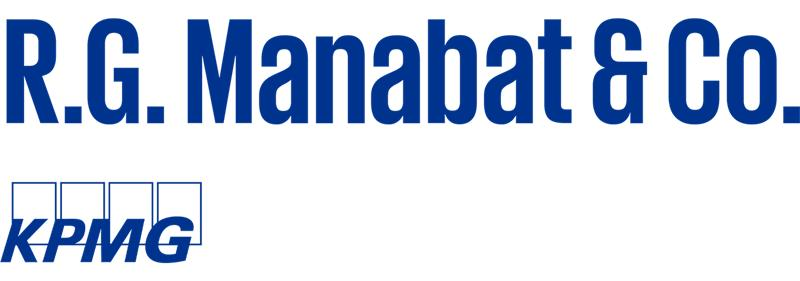Bureau of Internal Revenue
The Bureau of Internal Revenue (BIR) issued the following:
Revenue Memorandum Circular (RMC) No. 38-2024 dated 15 March 2024, to clarify the issues raised on RMC No. 05-2024.
- Question No. 2 of RMC No. 5-2024 listed international service provision or cross border services only to highlight that - like Aces Philippines - these services are likewise performed, rendered, delivered, or supplied by a non-resident foreign corporation (NRFC) to a domestic/resident entity in the Philippines. There is nothing in RMC No. 5-2024 which expressly states that the decision in Aces Philippines, finding the source of income of the service agreement to be within the Philippines and, thus, subject to final withholding tax (FWT), automatically applies to the listed international service provision or cross-border services. (Q&A No.1)
- Question No. 3 of RMC No. 5-2024 clearly spelled out the main guideline in determining the source of income for cross-border services identified in Question No. 2 of the same RMC, i.e., "the source of income is in the Philippines if the property, activity or service that produces the income is in the Philippines. The flow of wealth proceeded from, and occurred within the Philippine territory, enjoying the protection accorded by the Philippine government." Ultimately, the situs of the source of income for labor or personal service is not just the location but, more importantly, the location of the service that produces the income or where the inflow of wealth originates. (Q&A No.2)
- In a situation where the service agreement occurs in multiple stages across different taxing jurisdictions, i.e., jurisdiction of the NRFC and the Philippines, it is vitally important to examine all the components of the cross-border service agreement directly between the NRFC and the domestic/resident entity in the Philippines, looking at the services to be performed in its entirety, and not singled out or compartmentalized one particular activity as the income producing activity. This approach is consistent with the Civil Code provision that, there is performance when "the thing or service in which the obligation consists of has been completely delivered or rendered'. (Q&A No.3)
- The benefits-received theory is “where the inflow of wealth and/or economic benefits proceeds from, and occurs within the Philippine territory, it enjoys protection of the Philippine government. In consideration of such protection, the flow of wealth should share the burden of supporting the government, and thus, is subject to tax”. (Q&A No. 4)
- The provisions prescribed in RMC No. 5-2024 are not inconsistent with those of the tax treaties entered into by the Philippines. RMC No. 5-2024 merely set forth the guidelines to establish the source of taxation for cross-border services. Once the source of income is established to be within the Philippines using the aforesaid guidelines, then, the affected taxpayer can invoke the application of a particular tax treaty. (Q&A No. 5)
- If the source of income of cross-border services is within the Philippines, the transaction will be subject to VAT pursuant to Sections 105 and 108 of the Tax Code (i.e., final withholding VAT or FWVAT in case of payments to non-residents pursuant to Section 114(C) of the Tax Code, as implemented by Section 4.114-2 of Revenue Regulations (RR) No. 16-2005, as amended. (Q&A No. 6)
- The reimbursable or allocable expenses for cross-border services between or among related parties are included in the coverage of RMC No. 5-2024 since cross-border services usually involve related parties, common of which are intra-group services. As issues on intra-group services may arise (e.g., on whether the pricing of such services are at arm’s length), the BIR deemed it necessary to also lay down the basic rules on reimbursable or allocable expenses for services between or among related parties to have a wholistic approach insofar as the determination of the proper tax treatment of cross-border services is concerned. (Q&A No. 7)
- The imposition of 25% FWT on gross income received by NRFCs from all sources within the Philippines and the 12% FWVAT on payment for lease or use of property rights owned, and other services rendered in the Philippines by NRFCs are not new but existing provisions provided in the Tax Code and its implementing rules. (Q&A No. 8)
The Circular shall take effect immediately.
RMC No. 36-2024 dated 11 March 2024 to provide guidance on the proper computation of the Minimum Corporate Income Tax (“MCIT”) for taxable year 2023, i.e., to divide the gross income of the corporation by 12 months to get the average monthly gross income and apply the rate of 1% for the period of 01 January to 30 June 2023 and 2% for the period of 01 July to 31 December 2023.
Here are the links to the full text of the issuances: RMC No. 36-2024 and RMC No. 38-2024.

